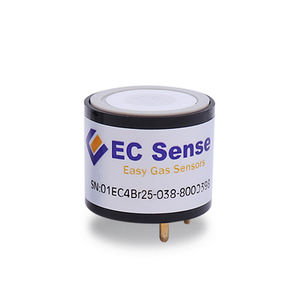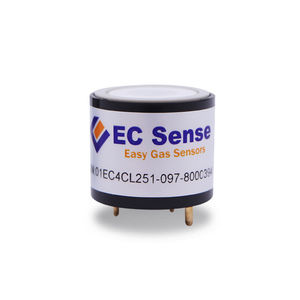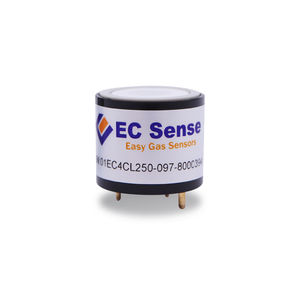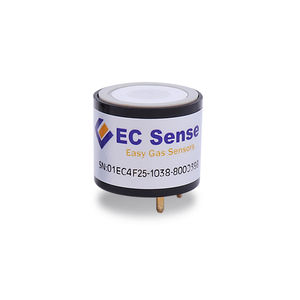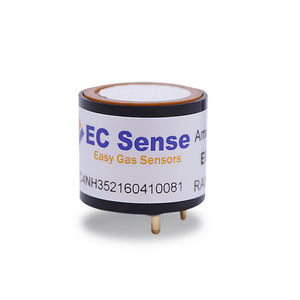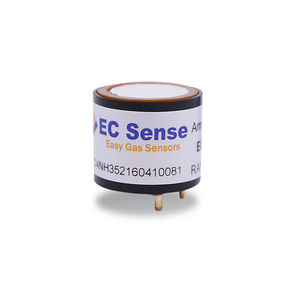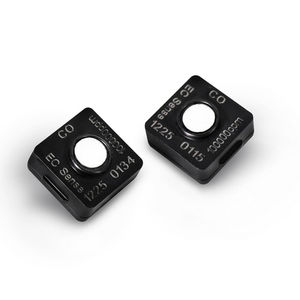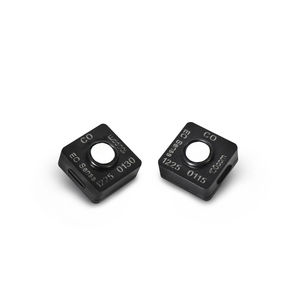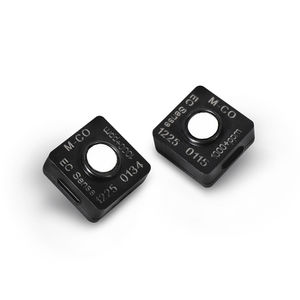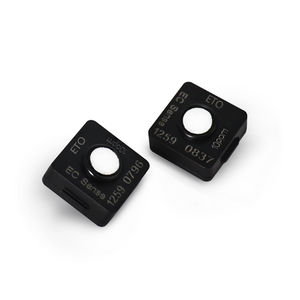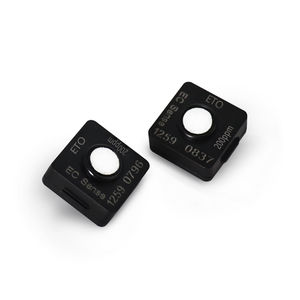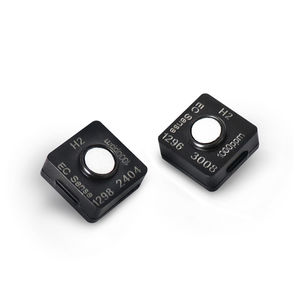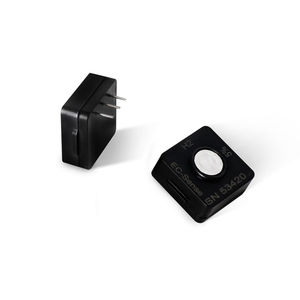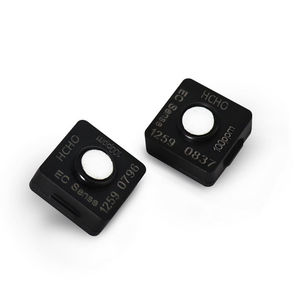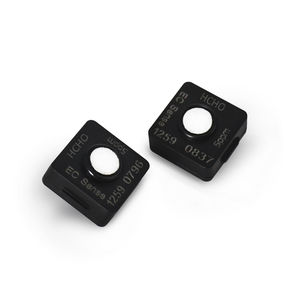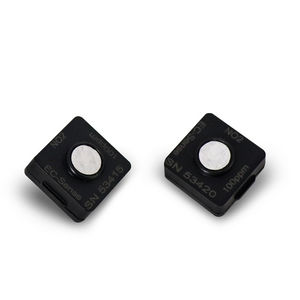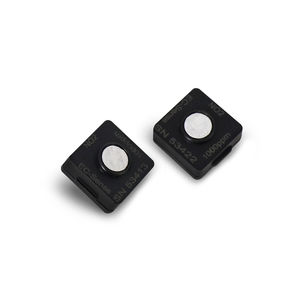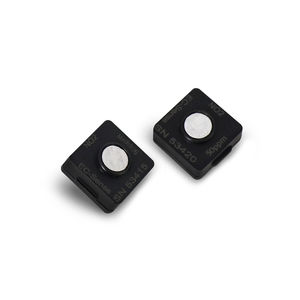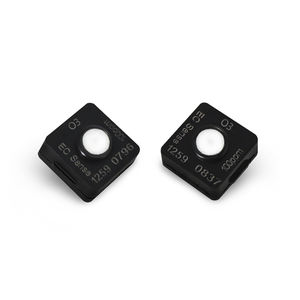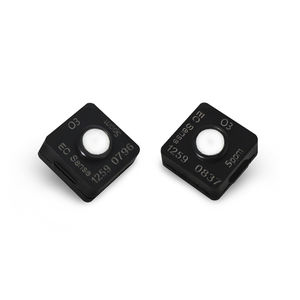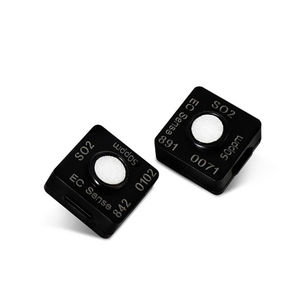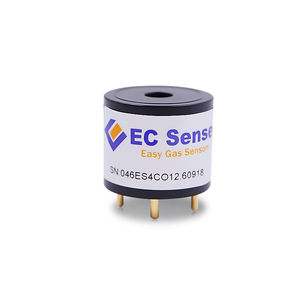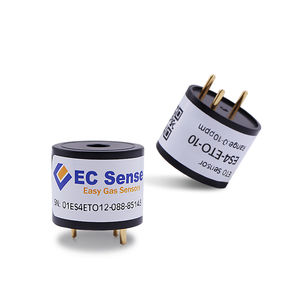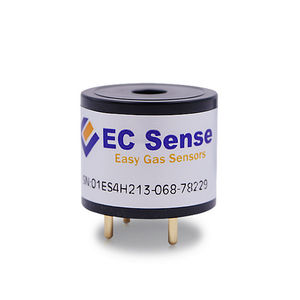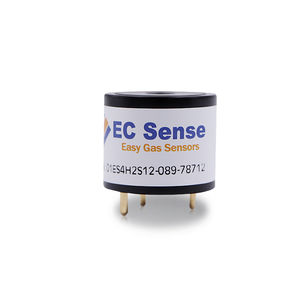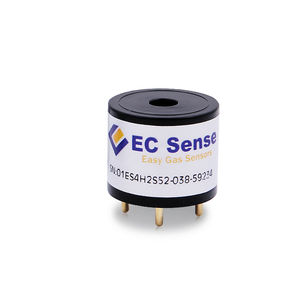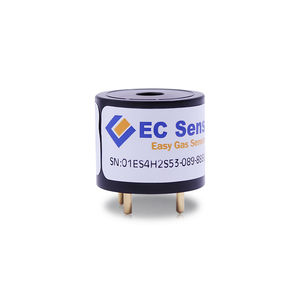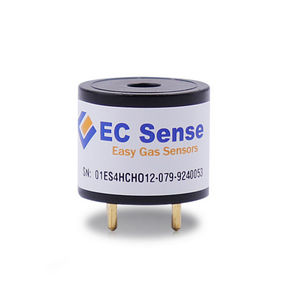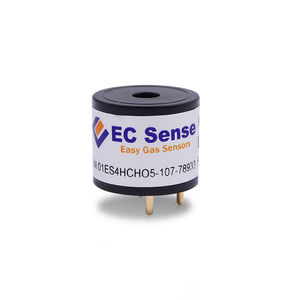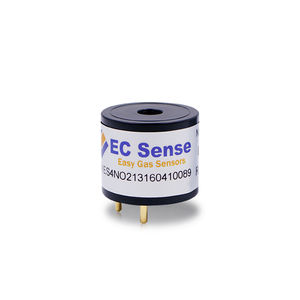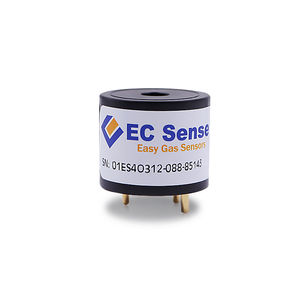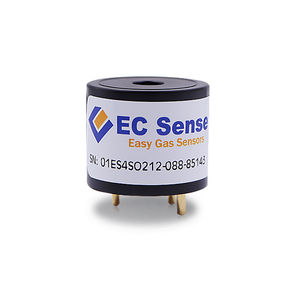
- Company
- Products
- Catalogs
- News & Trends
- Exhibitions
Ethylene oxide gas sensor ES1-ETO-1000electrochemicalcatalyticfor leak detection
Add to favorites
Compare this product
Characteristics
- Gas type
- ethylene oxide
- Technology
- electrochemical, catalytic
- Applications
- for air quality monitoring, for leak detection
- Other characteristics
- smart
- Measuring range (ppm)
Max.: 1,000 unit
Min.: 0 unit
Description
What is the ETO Gas Sensor and how does it work?
The EC Sense ES1-ETO-1000 Ethylene Oxide Gas Sensor is a cutting-edge solid polymer electrochemical gas sensor, known for its extended lifespan and durability. Notably, it operates without any power consumption and boasts a compact design. This ES1-ETO-1000 Gas Sensor is specifically engineered to detect Ethylene Oxide gases, which are crucial to detect in various applications. When paired with the EC Sense Smart Digital Board, it simplifies integration, eliminating the need for labor-intensive sensor calibration.
Understanding the technology behind it
Solid polymer electrochemical technology represents a groundbreaking advancement in electrochemical detection. It relies on the principle of electrochemical catalytic reactions. In essence, these sensors respond to target gases by producing a minute electric current signal, typically proportionate to the gas concentration. Traditional electrochemical sensors use liquid or gel electrolytes, which pose operational challenges. EC Sense's solid polymer electrochemical sensors effectively overcome these obstacles.
The inner workings of the technology
EC Sense's solid polymer sensors incorporate a composition of three electrodes in contact with the electrolyte. Each electrode consists of a large surface area of precious metals and other materials. These electrodes, the electrolyte, and the surrounding air interact as the gas diffuses through the back of the porous membrane into the sensor's working electrode. At this stage, the gas is oxidized or reduced. This electrochemical reaction initiates an electric current to flow through the external circuit.
Catalogs
No catalogs are available for this product.
See all of EC Sense GmbH‘s catalogsRelated Searches
- Gas sensor module
- Electrochemical gas sensor module
- Oxygen meter
- Monitoring gas sensor module
- Leak detection gas sensor module
- Catalytic gas sensor module
- Electrochemical oxygen sensor O2
- CO gas sensor
- Digital gas sensor
- Miniature gas sensor module
- Portable gas sensor module
- Air quality monitor
- CH4 gas sensor
- RS-485 gas sensor module
- Smart gas sensor module
- VOC gas sensor module
- Outdoor gas sensor module
- Maintenance-free gas sensor module
- H2S gas sensor
- Percent level oxygen sensor
*Prices are pre-tax. They exclude delivery charges and customs duties and do not include additional charges for installation or activation options. Prices are indicative only and may vary by country, with changes to the cost of raw materials and exchange rates.


